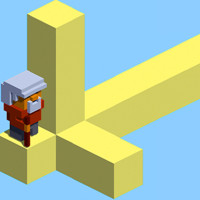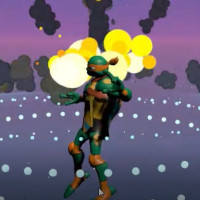



















Why Do Planets Stay Floating in Space and Not Fall Down Like Things on Earth?
Have you ever dropped your pencil and watched it fall? That’s because of gravity — the invisible force that pulls things down. But wait… if gravity pulls things down, why don’t planets fall? How do they stay floating in space?
Let’s dive into this space mystery together! 🚀✨
🌍 Gravity Works Everywhere — Even in Space!
Gravity is not just on Earth — it’s everywhere in the universe. Every object that has mass (like Earth, the Moon, or even you!) has gravity. The bigger the object, the stronger its gravity.
The Sun is huge — it’s more than a million times bigger than Earth! Because it’s so massive, the Sun’s gravity pulls all the planets in our solar system toward it.
But wait! The planets don’t crash into the Sun. Why not?
🌀 Planets Are Always Falling… but Also Moving Sideways
Here’s the cool part: Planets are actually always falling toward the Sun — but they’re also moving forward at high speed.
Imagine swinging a ball on a string around you. If you let go, the ball flies off. But if you keep holding it, it keeps spinning around you. That’s what happens in space — but the Sun’s gravity acts like the string!
So planets are falling and moving at the same time, which creates an orbit — a circular path around the Sun. This is why Earth (and all the planets) stay in space and don’t fall like your pencil does.
🌌 Fun Fact: You’re Falling Too!
Right now, you’re standing on Earth, but Earth is spinning and moving around the Sun at about 30 kilometers per second! You don’t feel it because everything is moving together — including the air, the ground, and you!
Isn’t that wild? You’re actually on a giant spinning spaceship flying through space! 🌍🛰️
So the reason planets don’t fall down like things on Earth is because of gravity and motion working together like a cosmic dance. Space is full of movement — and you’re part of it!













